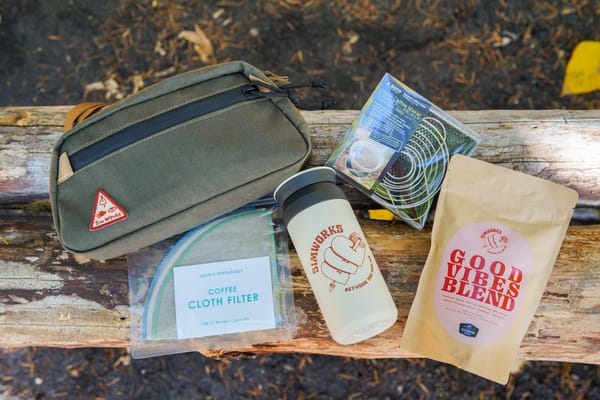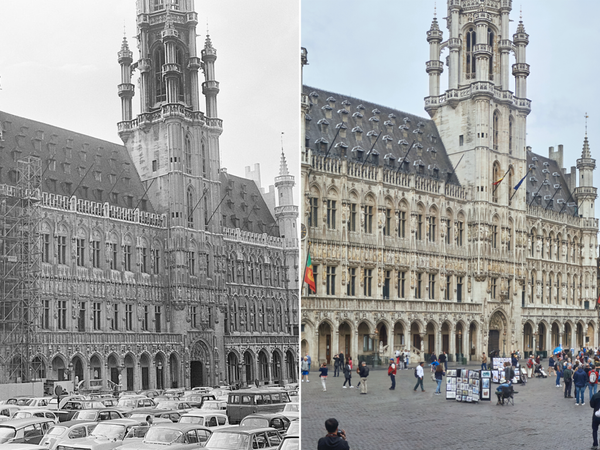2020 Lake City Alpine 50 Recap
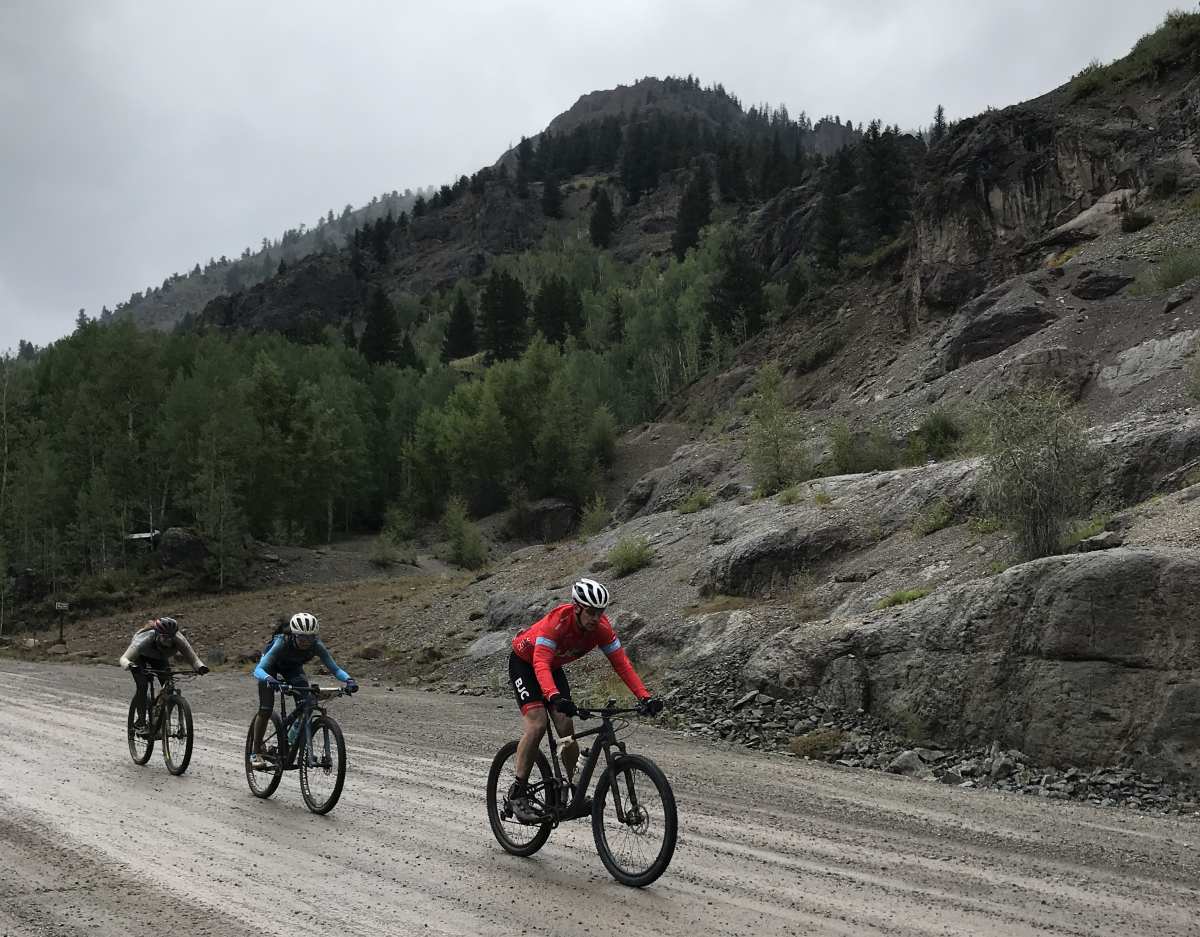
One of the few races on my calendar that actually ran this year was the Lake City Alpine 50 in southwest Colorado. In its second year, this event was very much not a gravel race, a lesson I thankfully learned before race day by listening to the Dirty Chain Podcast. Turns out a few people had a not so fun time riding the course on gravel bikes in 2019. Here’s my take on the race and racing in the age of COVID.
Racing in COVID
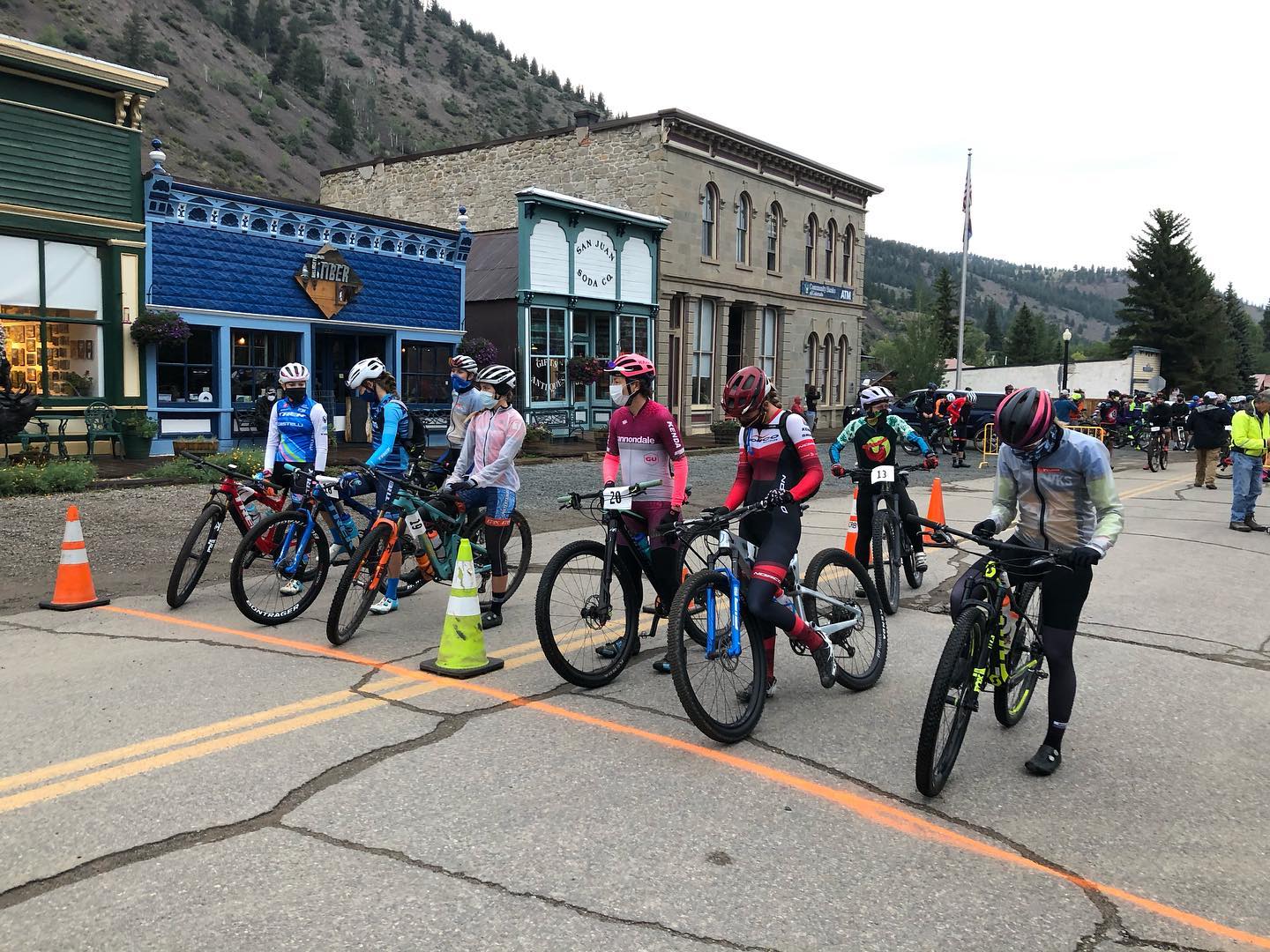
I reviewed the Lake City Alpine 50 organizers plans for COVID before heading out for the race to determine whether or not I even wanted to show up. Thankfully, they were on top of it. Any concerns eased considerably when I saw how well distanced packet pickup was handled. They were organized and enforcing the rules they’d set out. On race day, there were 125 registered riders, of which 117 started. Organizers grouped riders into waves of about 10 riders, each separated by six feet and wearing marks. There were only two aid stations and only volunteers were allowed to touch anything and hand it out. There was no after-party.
The Bike
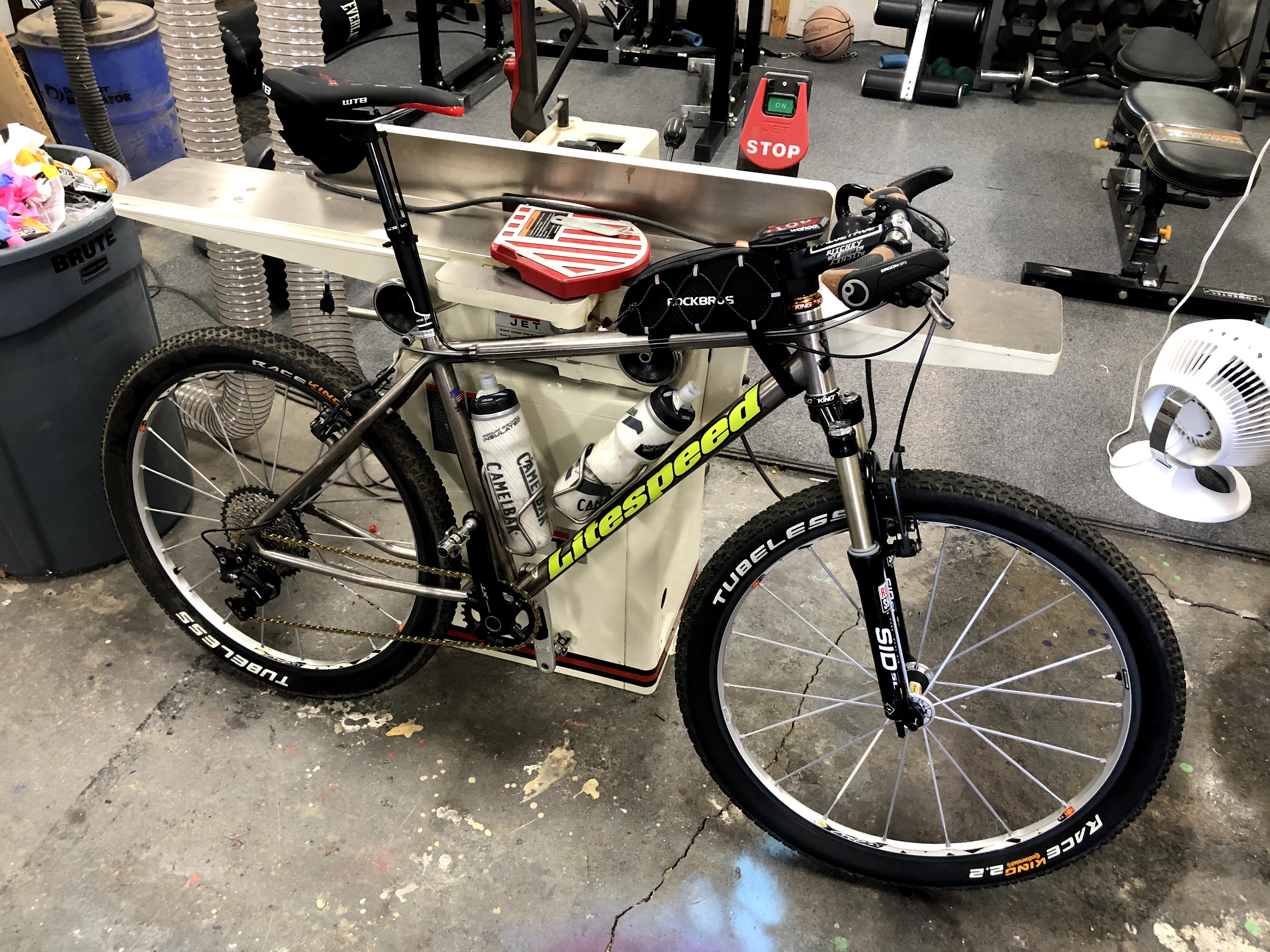
The course is very much an old school mountain bike route. There was no singletrack, just a rocky off-road loop through beautiful high-altitude alpine vistas. Because it was actually a mountain bike race and because it had an old school feel, I threw together a classic build for the race. A 26-inch Litespeed Obed built up with 1x Shimano XT.
I bought the bike nearly a decade ago from a friend for a song and a dance. With a pretty cheap ~$300 1x XT build it was ready to go. I also swapped on some Ergon GP3 grips which were outstanding, more on those in the near future. Otherwise the build is essentially what I bought 10 years ago:
- 1999 Litespeed Obed Frame
- Rockshox Sid SL Fork
- 1x Shimano XT
- Stages Left Side Power Meter
- Shimano XTR V-brakes and levers
- Titec cockpit
- Ergon Saddle
- Mavic Crossmax SL wheelset
- Continental Race King 2.2 tires
All told the bike weighed in at 18.5-pound. Maybe old school isn’t so bad.
The Race
The entire race was between 8,600 and nearly 13,000-feet, topping two incredibly windy passes. Adding to the misery, was a constant rain ranging from drizzle to downpour. The sky did open up as I reached the second summit, which helped keep me warm on the way down. I’ll note here that my decision the night before to wear my winter jacket (Castelli Alpha Ros) was an absolute life saver. More than a few riders turned around due to the wet and cold weather and many were flat out suffering. I was pretty cozy.
Where the rain really hurt was the steep climbs. Cinnamon Pass (12,640 feet) and Engineer Pass (12,800 feet) both get extremely steep. As a retired roadie who’s turned to gravel, my mountain bike skills are somewhere between knows how to ride a bike and dropping off a curb is scary. The near freezing temperatures on the passes, sleet and mud maxed out my ability to maintain traction. As such, some walk-a-bike occurred. With some 3,000 feet of climbing happening in only six miles of the course, I didn’t feel too bad about it.
The altitude was a real challenge, as was nutrition. Again, my bike handling isn’t incredible, so keeping nutrition going over the rough terrain was challenging. Additionally, thanks to altitude my breathing and heart rate were pinned all day long. Next year I think I’ll opt for a reservoir backpack filled with some high-carb mix.
Even with the rain, the scenery was absolutely stunning. The mountains near Lake City are bright red thanks to the high iron content and that paired with tundra and intermittent blue skies was a real sight to behold.
Results
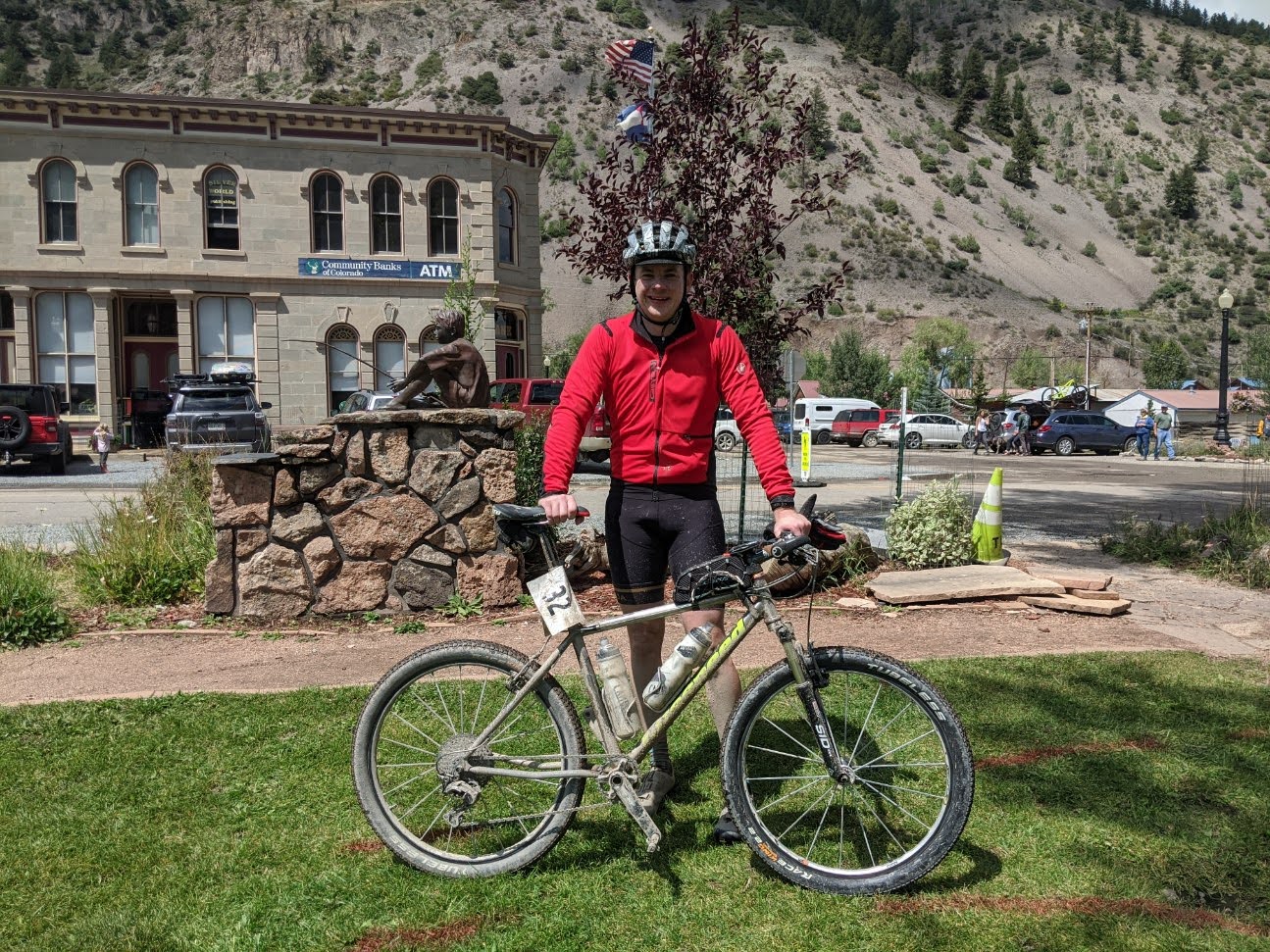
Santa Cruz/Kenda’s Alexis Skarda was the women’s top finisher at 3:55:07. Nineteen-year-old Boulder Junior Cycling’s Abigael Carron was second at 3:56:5, and eighteen-year-old Trek Factory Racing’s Madigan Munro finished right on Carron’s wheel at 3:56:51.
Former Tour De France and Giro d’Italia rider Peter Stetina set a course record in 3:15:46, followed by a powerhouse youth and four-time national champion Riley Amos at 3:22:57. Perennial Olympian favorite Todd Wells was ever so close at 3:22:59.
I was happy with a mid-pack finish of 5:35:41.
Lake City is a funky little mountain town. It has become a refuge for Texans of all things and the normal tourist preference is to do the Alpine Loop by way of an OHV (Off Highway Vehicle). Most people a lot 6-8 hours to complete the loop in their off-road vehicle. Nice to let a Texan know I can do it quicker by bike.
This is a race I’ll definitely come back to. I think some skills improvement alone could drastically improve my finishing time. Regardless, the scenery alone is more than worth the cost of admission.




